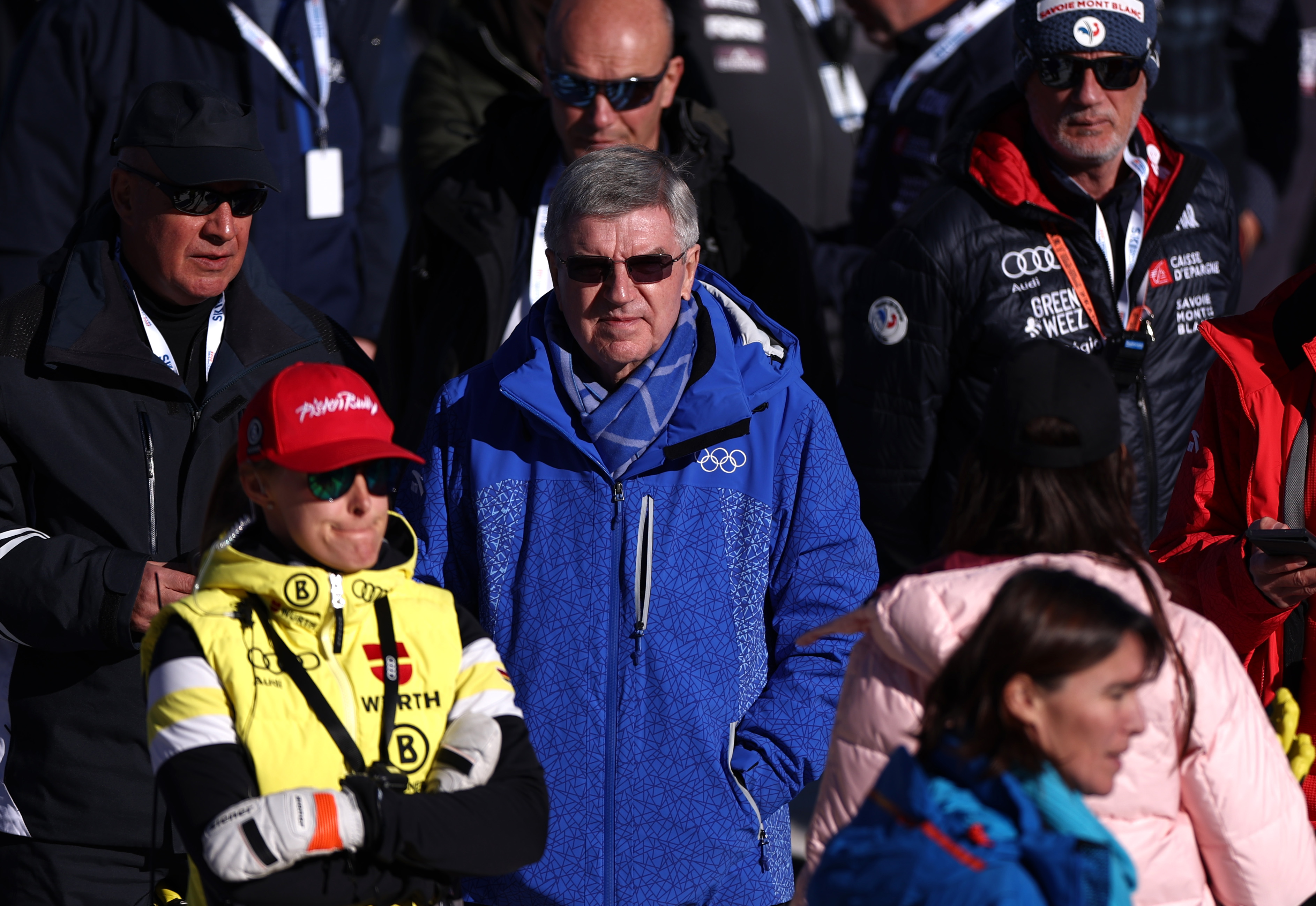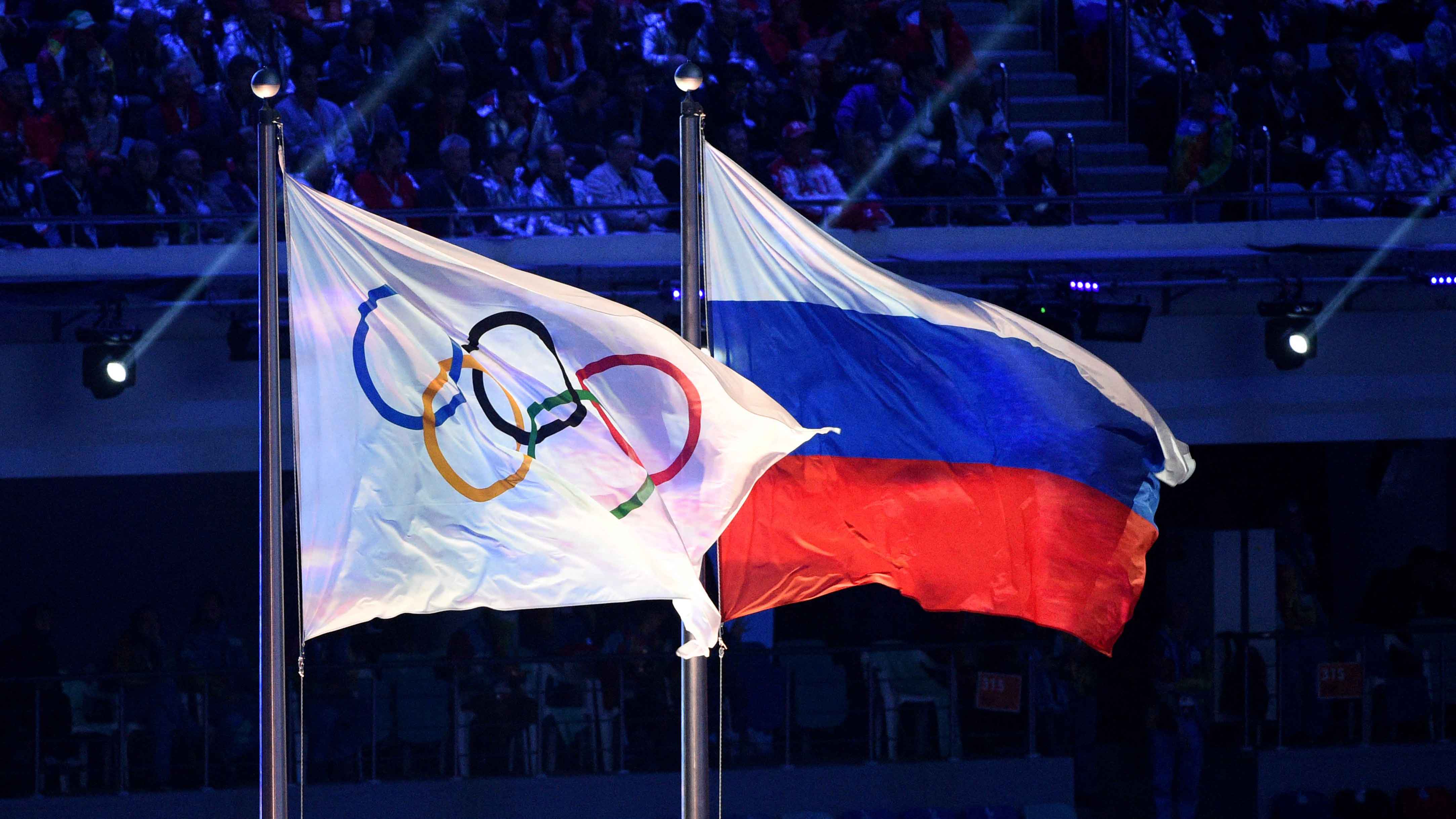
The president of the Russian Olympic Committee indicated Thursday that the country could boycott qualifying competitions in fencing for next year’s Paris Games after some athletes, including his own daughter, were barred from competing.
The International Olympic Committee recommends letting competitors from Russia and Belarus compete as neutral athletes without national symbols after the invasion of Ukraine, but still excluding those employed by the military or security services, or those who have publicly backed the war.
Two-time gold medalist Yana Egorian and all three of the gold medalists in women's team saber from the Tokyo Olympics — Sofya Velikaya, Olga Nikitina and Sofia Pozdniakova — were refused after vetting from the International Fencing Federation, Russian Fencing Federation president Ilgar Mamedov told state news agencies.
Pozdniakova is the daughter of Russian Olympic Committee president Stanislav Pozdnyakov.
Get New England news, weather forecasts and entertainment stories to your inbox. Sign up for NECN newsletters.
Some lesser-known fencers were approved to compete, Mamedov said. But he didn't say why the other fencers were refused and there was no immediate confirmation from the International Fencing Federation, known as the FIE.
All three of the women's team saber gold medalists were identified as being affiliated with the Central Sports Club of the Army, known as CSKA, in a 2021 statement on the Russian Defense Ministry website following the Tokyo Olympics. It listed Velikaya with the rank of captain and Nikitina as a sergeant. They and Egorian are all listed in profiles on the FIE website with the term “armed forces athlete.”
The FIE decisions showed IOC criteria for the return of Russian and Belarusian athletes to be a “farce” and a “thinly veiled suspension” which amounted to discrimination, Pozdnyakov wrote in posts on the Telegram app.
“The International Olympic Committee is imposing such criteria that the participation of the overwhelming majority of our athletes and practically all of the leaders of the national teams in Olympic qualifying and other competitions is in practice unrealistic,” he added.
Pozdnyakov said he had spoken with the Russian fencing team and indicated that they supported boycotting competitions under the current conditions.
“The position is unanimous, our fencers will take part only if there are equal rights with athletes of other countries, without contrived or wrongful parameters and other artificial obstacle courses,” Pozdnyakov said.
There was also criticism from the Kremlin. Dmitry Peskov, spokesman for President Vladimir Putin, said Russia opposes restrictions on its athletes.
“We consider it absolutely wrong to try to apply conditions of some political requirements to athletes and their participation in international competitions," Peskov said. "We do not agree with such recommendations."
Fencing has a central place in Olympic politics because it is the sport of IOC president Thomas Bach, who was a gold medalist at the 1976 Montreal Games. Pozdnyakov himself won four Olympic gold medals in fencing, and his daughter won both the individual and team saber gold medals in Tokyo.
A Russian boycott could smooth the way for Ukraine's fencers to keep competing. The Ukrainian government and fencing team have a policy of not entering any events where Russian or Belarusian competitors are allowed.
The FIE's earlier moves toward readmitting Russians and Belarusians led to a protest petition from top fencers from around the world against the plan. At least four competitions on the FIE's World Cup circuit have also been called off by organizers unwilling to host Russian and Belarusian competitors.



